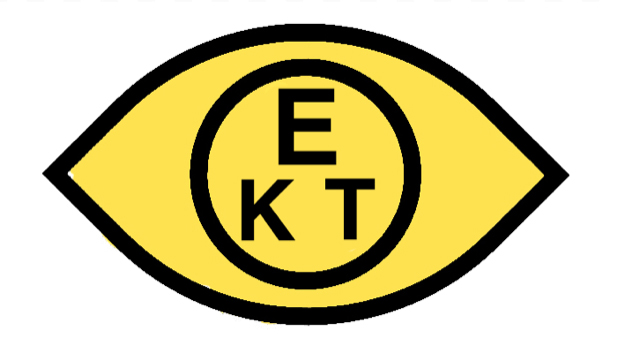
Dry Eye Syndrome

What is Dry Eye Syndrome?
Dry eye syndrome can occur when your eyes stop making tears as they usually would. This can mean they evaporate too quickly, there is an issue with drainage or not enough tears are produced. Tears are an important part of your eye health. They help to keep your eyes lubricated, protect against infections, and clear away debris from the surface of your eyes.
You are more likely to be affected by dry eye syndrome if you are female and aged over 65. As you get older your eyelids become less effective at spreading tears across your eyes when you blink. The meibomian glands (which produce the oily part of your tears in your eye) become less effective and may even become blocked- this condition is also called blepharitis (see our blephartis opticians services page for more info on this condition or click here)
What are the common causes of dry eye syndrome:
- Being in a hot or windy environment (this includes air conditioned or heated environment)
- Wearing contact lenses
- looking at computer screens for a long time without a break
- Smoking
- Drinking alcohol
- Certain underlying medical conditions (for example some antidepressants or blood pressure drugs)
- Side effects of certain medications
- Hormonal changes, such as during the menopause
What are the symptoms of dry eye syndrome:
Despite the name, dry eyes, can actually cause your eyes to water. The watery layer of your tears will dilute the oiliness of your tears which reduces their ability to lubricate your eyes.
- Red Eyes
- Temporarily blurred vision that improves when you blink
- Feeling of dryness, soreness or grittiness that get worst during the day
- Feeling like something is in your eyes
- Stinging or burning eyes
- Heavy eyelids or eyelids that stick together when you wake up
- Watery Eyes
More severe symptoms include:
- Extreme sensitivity to light
- very red and painful eyes
- deterioration in your vision
Please note if you have any severe symptoms this can be a sign of a serious complication and you should contact your GP or call the NHS 111 immediately for appropriate advice.
Treatments and Preventions
These are all of course depending on the cause
- See your optometrist or GP
- Eye Lubricants - If your dry eyes is caused by not producing enough tears, eye drops, gel or ointments can help. Most are available without prescription. Eye lubricants do not contain any drugs and so you can use them as often as you like. However, some contain preservatives which may make your eyes sore if you are using them more than 6 times a day. In this case try and use preservative-free drops.
- Eye lid sprays - If your dry eyes is caused by your tears evaporating to quickly you can use a spray on your CLOSED eyelids. This replenishes the oily layer of your tears and stops them evaporating as quickly. The spray is available without prescription as well.
- If you have blepharitis please go to the blepharitis page or click here
What can I do to Help/ Prevent Dry Eyes?
- Keep your eyes clean and avoid eyeliner and other make up
- Ensure you blink often enough to do this look away from your screen at regular intervals when you are using the computer to give your eyes a rest (check out the 20/20/20 rule)
- Make sure your computer screen is at eye level so you do not strain your eyes
- Use a humidifier to help slow down the evaporation of your tears
- Wearing glasses or sunglasses ideally the wraparound type on windy days. Click here for wraparound sunglasses that include gaskets to remove wind and debris.
- Stop smoking
- Plenty of sleep to rest your eyes
- If you wear contract lenses, take them out and wear glasses to rest your eyes









